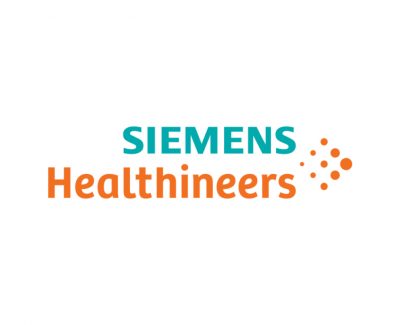
GE HealthCare has unveiled SIGNA MAGNUS, an FDA 510(k) pending head-only magnetic resonance (MR) scanner designed to explore advancements in neuroscience, which have been restricted by the performance limitations of conventional whole-body MR systems. Neuroscience, particularly in the study of psychiatric diseases and neurological disorders such as Alzheimer’s, has been constrained by technological and biological limitations, leaving many aspects of the brain structure and functionality largely unexplored.
“SIGNA MAGNUS represents GE HealthCare’s vision of its most advanced 3.0T MR imaging device, specifically designed for the highest standards of neurological and oncological research for head-only imaging. SIGNA MAGNUS stands at the pinnacle of MR excellence, designed to offer detail and clarity that allows for an in-depth exploration of brain microstructure, microvasculature, and function. Through SIGNA MAGNUS, GE HealthCare will help to empower neuroscientists, neurologists, neuroradiologists and oncologists to transcend barriers, with the goal of enhancing the diagnosis, understanding, and treatment of complex diseases,” a news release states.
“With SIGNA MAGNUS, we are not just exploring the possibility of providing the tool; we are setting new benchmarks in medical research and future clinical patient care,” said Kelly Londy, CEO, MR GE HealthCare. “This innovation underscores our commitment to R&D and our collaborations with academia, pushing the boundaries of what’s possible in MR imaging. The potential impact of SIGNA MAGNUS on patient outcomes and our understanding of the human brain is profound.”
The system offers superior gradient performance with its HyperG gradient technology, featuring 300 mT/m and 750 T/m/s, enabling the detection of fine details that were previously unattainable. Researchers can fully utilize SIGNA MAGNUS capabilities to push the boundaries of advanced anatomical, diffusion and functional techniques, amplified by the latest deep-learning algorithms that GE HealthCare has to offer. SIGNA MAGNUS is designed to be a gateway to new research opportunities, helping to uncover new parameters and biomarkers with its vast potential. Its asymmetric gradient design allows for remarkable diffusion performance, achieving extremely high B-value diffusion with short echo times (TEs), which further refines the understanding of neural architecture. Additionally, many GE HealthCare 3.0T systems are upgradable to SIGNA MAGNUS, which will help potential customers to save on capital costs.
In March 2024, the investigational MAGNUS system was successfully installed at Brigham and Women’s Hospital, a leading research institution. The Brigham team will play a crucial collaborative role in performing research on high-performance neuro MR with GE HealthCare.
“With this system, we will be able to measure things that weren’t possible with conventional MRI,” said Carl-Fredrik Westin, Ph.D., the project’s principal investigator, who is also founding director of the laboratory of mathematics in imaging and director of the neuroimaging analysis center in the department of radiology. “We can ask questions we couldn’t ask before.”









